1. Why Choosing the Right Cardiologist Matters
When it comes to heart health, selecting the right cardiologist can make all the difference in your treatment and recovery. The heart is a complex organ, and different heart conditions require different types of expertise. Choosing a cardiologist who specializes in your specific condition ensures that you get the most accurate diagnosis and effective treatment plan tailored to your needs.
In the past, heart specialists were largely limited to general cardiologists. However, as cardiovascular medicine has advanced, so too have the different subspecialties. Today, cardiologists focus on specific areas of heart health, from heart failure to arrhythmias to congenital heart disease. Finding the right cardiologist for your condition can make a significant impact on your overall heart health and recovery.
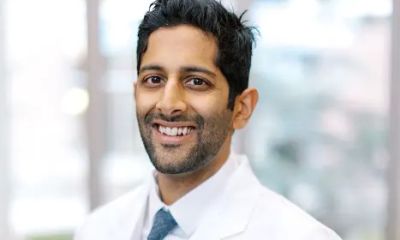
2. Identifying Your Specific Heart Condition
The first step in finding the right cardiologist is understanding your specific heart condition. Heart conditions can vary widely, from common issues like hypertension (high blood pressure) to more complex problems such as heart failure, heart valve diseases, arrhythmias (irregular heartbeats), or coronary artery disease.
For example, if you have a history of high blood pressure, you may need a cardiologist who specializes in hypertension and its effects on the heart. On the other hand, if you’re dealing with an arrhythmia, a cardiologist who specializes in electrophysiology, the study of electrical heart activity, would be a better fit. Understanding your condition will help narrow down the pool of specialists and ensure that you’re seeking the right expertise.
Cardiovascular Care
cardiologist wichita ks
925 N Hillside St, Wichita, KS 67214, USA
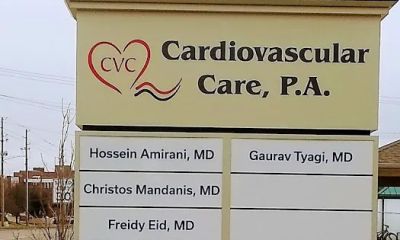
3. Understanding Different Cardiology Specialties
Cardiologists specialize in various aspects of heart health. Below are some common specialties and the types of conditions they treat:
3.1 General Cardiologists
A general cardiologist is usually the first point of contact for heart disease patients. They handle routine screenings, diagnose common heart problems, and provide preventive care. They are highly skilled in managing hypertension, cholesterol, and general heart health.
3.2 Electrophysiologists
Electrophysiologists specialize in diagnosing and treating arrhythmias (irregular heartbeats). If you suffer from palpitations or have been diagnosed with atrial fibrillation or other rhythm disorders, an electrophysiologist is the right specialist for you.
3.3 Interventional Cardiologists
If your condition requires procedures like angioplasty or stent placement, an interventional cardiologist is the best choice. They specialize in minimally invasive procedures that treat blocked arteries and improve blood flow to the heart.
3.4 Heart Failure Specialists
Heart failure specialists are trained to manage advanced heart failure conditions. They work with patients who need specialized treatment, including those with chronic heart failure or those preparing for heart transplant surgery.
4. How to Find Top Cardiologists for Your Specific Needs
When searching for the best cardiologist for your condition, start by researching reputable hospitals or medical centers in your area. Look for those that have a heart care program with specialists in the specific area of cardiology related to your condition.
Referrals from your primary care physician can also be helpful. They may recommend specialists who are best suited to your condition based on their knowledge of your health history.
Additionally, check online reviews and ratings to get a sense of the cardiologist’s experience, patient satisfaction, and approach to care. Don’t hesitate to schedule a consultation with a cardiologist to discuss your concerns and get a sense of their approach to treatment.
5. Real-Life Example: Finding the Right Cardiologist
Take the case of Lisa, a 47-year-old woman who had been experiencing shortness of breath and irregular heartbeats for several months. After visiting her primary care doctor, she was referred to a general cardiologist, who diagnosed her with atrial fibrillation, an irregular heart rhythm.
The general cardiologist recommended an electrophysiologist for further management, as Lisa’s condition required specialized treatment to manage her heart rhythm. After seeing the electrophysiologist, Lisa was given the right medication, lifestyle changes, and even a procedure to correct her arrhythmia. Her health dramatically improved, thanks to the targeted expertise of the right specialist.
6. Next Steps: Finding Your Cardiologist Today
If you are dealing with heart health concerns, finding the right cardiologist is an essential step in getting the proper care. Start by understanding your condition, then research cardiologists who specialize in that area. Look for recommendations from your primary care physician and consider patient reviews to ensure the specialist is a good fit for you.
Remember, early detection and personalized treatment are key to managing heart disease effectively. By selecting the right cardiologist, you can ensure that you receive the most effective and targeted care possible.
If you're unsure where to start, consider visiting HeartCare Hub to find expert cardiologists, top-rated heart specialists, and services tailored to your specific heart health needs.

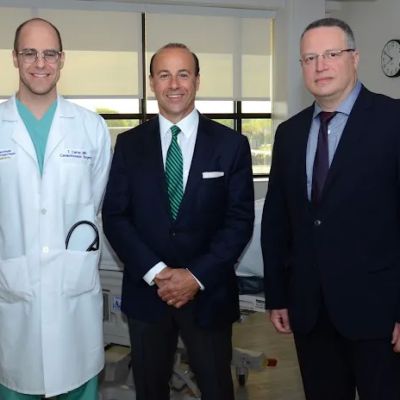


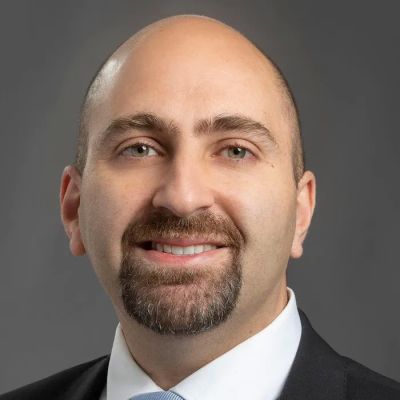
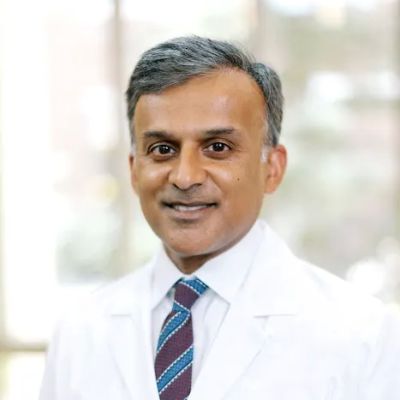
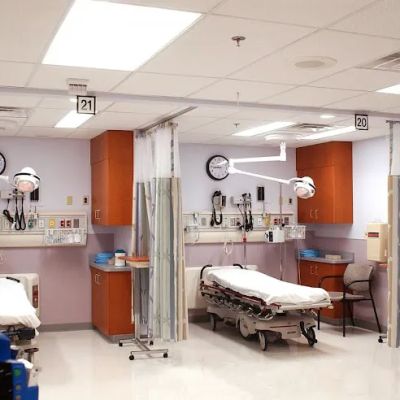
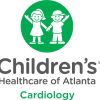













Anish Amin, MD - Midwest Cardiovascular Institute
dr amin cardiologist
133 E Brush Hill Rd Suite 202, Elmhurst, IL 60126, USA